TRCP’s “In the Arena” series highlights the individual voices of hunters and anglers who, as Theodore Roosevelt so famously said, strive valiantly in the worthy cause of conservation.
Wade Truong and Rachel Owen
Hometown: Fredericksburg, Virginia
Occupation: Wade is a former executive chef currently doing recipe development, culinary classes, and work on a family farm. Rachel works in financial services.
Conservation credentials: Educating and mentoring beginning hunters
Venturing into hunting as a young adult can be intimidating at best—and frustrating at worst. If you were lucky enough to have a hunting mentor, picture being on your own to figure out where to go, what gear is worth the investment, how to follow all the local rules and regulations, and what to do once you successfully connect on a shot. Still, the hunting community is fortunate to have a fresh wave of interest from young people who want to hunt to eat.
These beginners are fortunate to have role models in Wade Truong and Rachel Owen. Together, Wade and Rachel founded Elevated Wild, where they share original wild game recipes, stories, tips, and inspiration for hunters who are just starting out. In person and on social media, they take pride in being conservation-minded ambassadors for hunting and field-to-table cooking.
Here is their story.
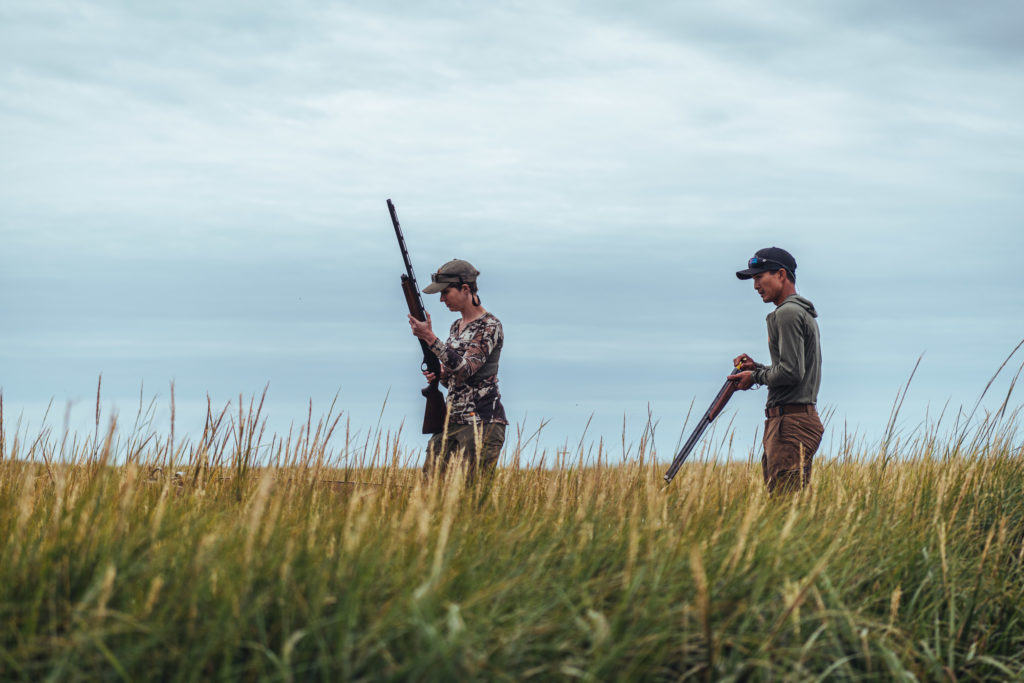
WADE: I fished as a kid with my family but didn’t start hunting until I taught myself in my mid-twenties. Food was the driving force for me—working in a restaurant kitchen made me intensely curious about pursuing food that you can’t buy. Now, I never feel more connected and purposeful than I do when I’m outside, pursuing the animals that I love. It brings me a sense of rootedness and contentment that I’ve never felt elsewhere.
RACHEL: I didn’t form a real connection with the outdoors until I was an adult—although I did a lot of camping and some fishing growing up, the rest of it was foreign to me. Wade had started hunting just a few years before we met, and it was talking about hunting and fishing that drew me to him. The rest is history: We started dating, I shot my first buck that fall, and we bought a boat together before we’d ever shared an apartment.
That boat has played a role in all our most outrageous outdoor adventures. Her comically small size makes everything we do a little more reckless and a lot more fun. It’s hard to narrow it down, but the most memorable might be one time we took her out almost two miles into the bay on a flat calm day to chase bluefish. We couldn’t keep up—we had fish flying over the gunwales almost faster than we could count them. Then the wind turned, and we had to hightail it back, our tiny outboard not quite pushing us quickly enough through the whitecaps. I remember briefly being relieved at seeing a dolphin, a good omen, until I realized it was longer than our boat.
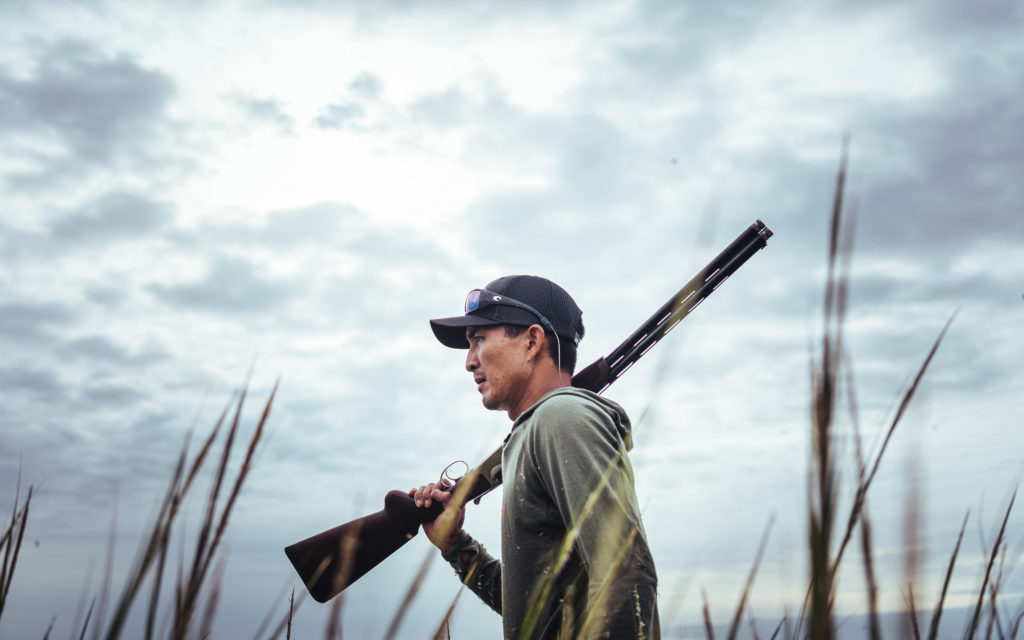
WADE: My most memorable adventure was probably watching from 60 yards away as Rachel had a sika stag creep along the marsh edge minutes before end of light. The stag never left the thick cover until it was directly under Rachel’s treestand. She arrowed it at less than seven yards. It was the culmination of several unsuccessful trips out there and weeks of hard hunting over the years. Watching it all come together was something I’ll never forget.
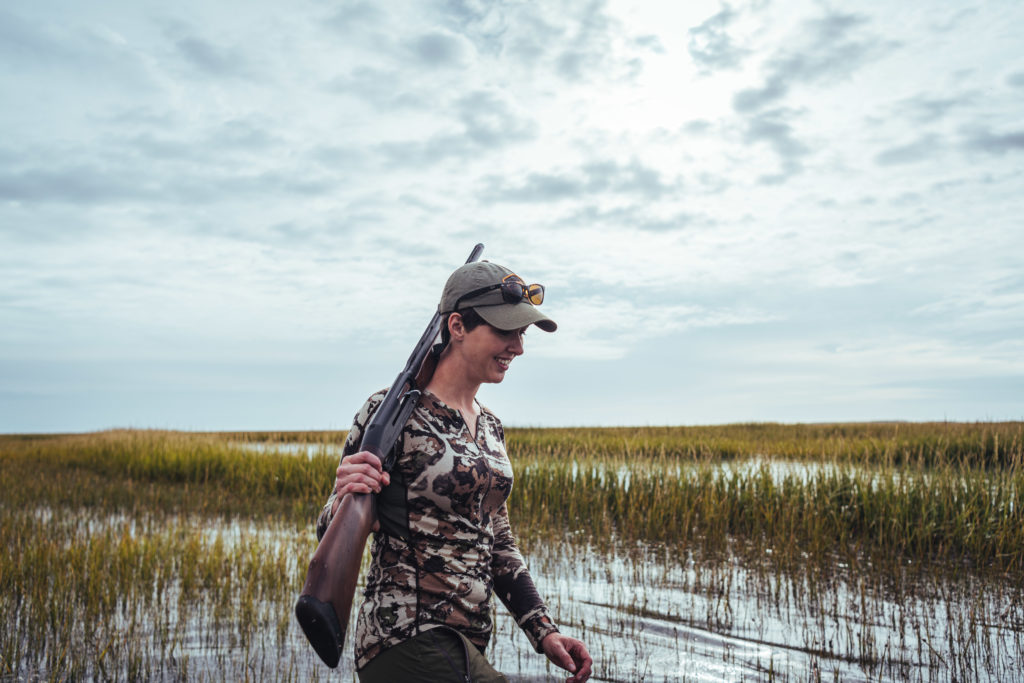
RACHEL: What made that moment even more special was that it took place in our favorite part of the world—the Chesapeake Bay. I’d love to be able to go back in time to see this region right before European contact. To be able to see the Bay and coastlines teeming with the abundance of fish and game they once held, I’d almost be okay with leaving my rod or gun behind.
There’s no doubt that the Bay presents the biggest conservation challenge where we live. It’s one of the world’s largest, most productive estuarine systems. But we’re balancing the needs of one of the greatest treasures on earth with the demands and water quality issues of a rapidly growing population and an increasingly extractive commercial fishing fleet.
WADE: And the health of the Bay is a direct reflection of everything that happens upstream of it. Being so close to so many major metropolitan areas in several states, and having so many natural resources, it is uniquely vulnerable to pollution, overfishing, and development issues. The Bay is critical habitat for thousands of species of fish, birds, and other animals that rely on it for survival. Preserving wetlands, restoring water quality, and protecting forage fish from overfishing are incredibly important.
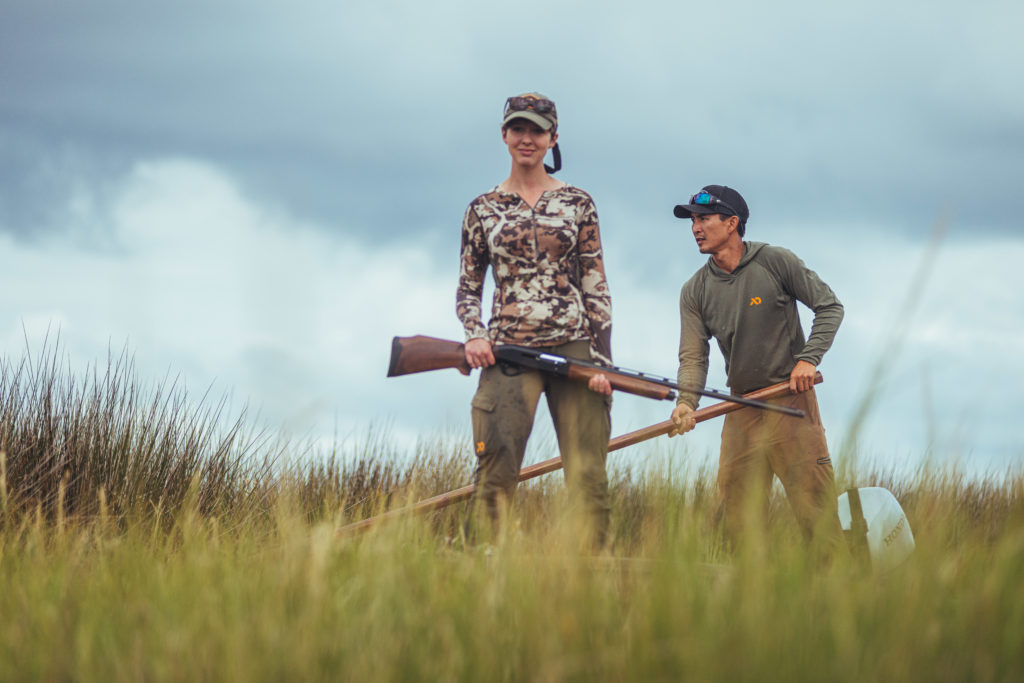
RACHEL: Conservation is important to me because every opportunity I have had to pursue wild game and fish, to actually participate in the natural world, only came around because someone had the forethought to make sure it was there for future generations to experience.
WADE: Everything I care about most has been shaped by conservation. The natural resources I pursue are all there because of conservation efforts. The places I find most special are all, in some form or another, there because of public and private conservation.
As an example, the idea of elk hunting seemed unattainable for me up until a few years ago. The travel, logistics, and expense just didn’t seem like something I would be able to pull off. Then I learned there was an effort to reintroduce elk into Virginia. I’d be thrilled with any elk, but now a dream elk hunt right at home is an achievable reality.
RACHEL: Conservation is about protecting one of our most precious national birthrights, the things that make us unique in all the world: the land, water, and wildlife that belong to all of us as Americans. These gifts, once taken from us, can never be returned whole. I believe it would dim the national consciousness to lose this wildness, because it is intrinsic to the American dream.

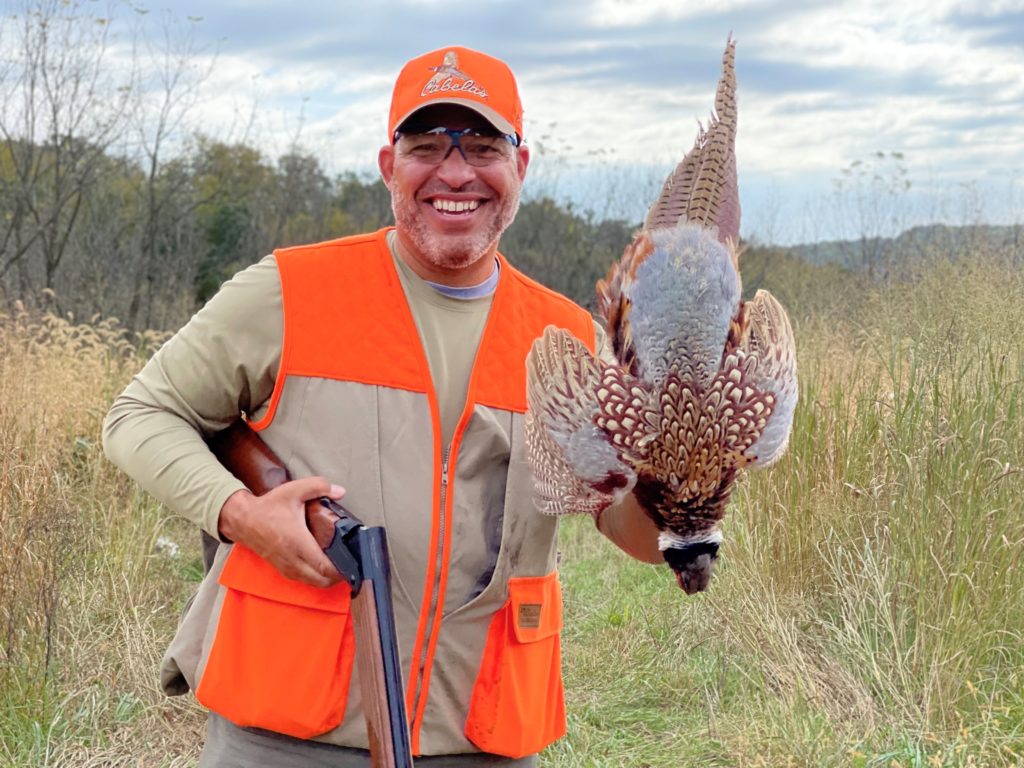
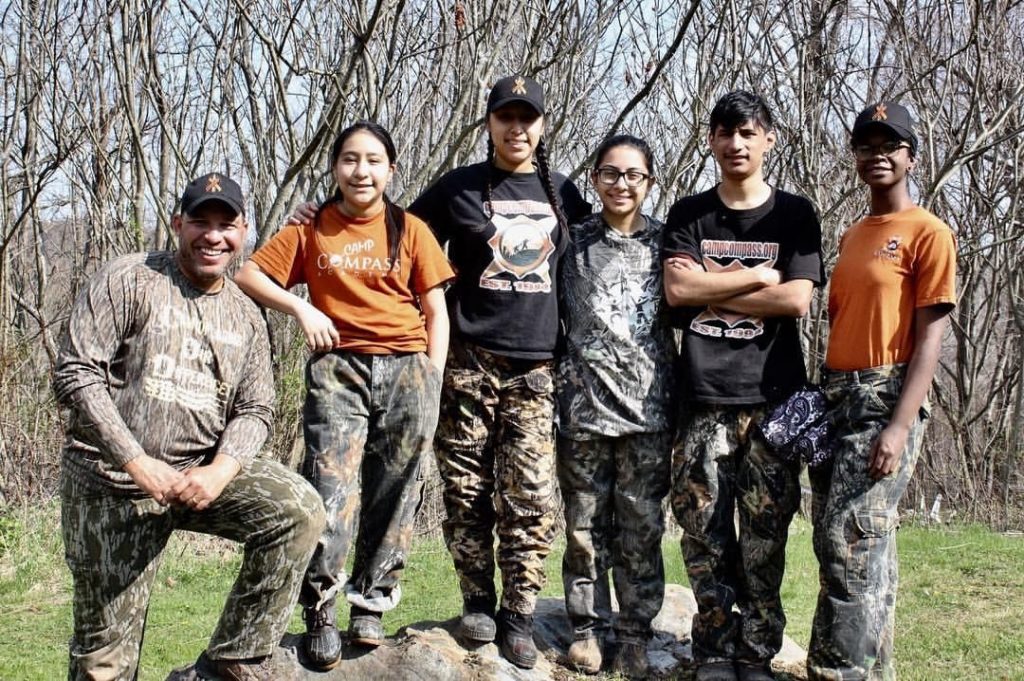
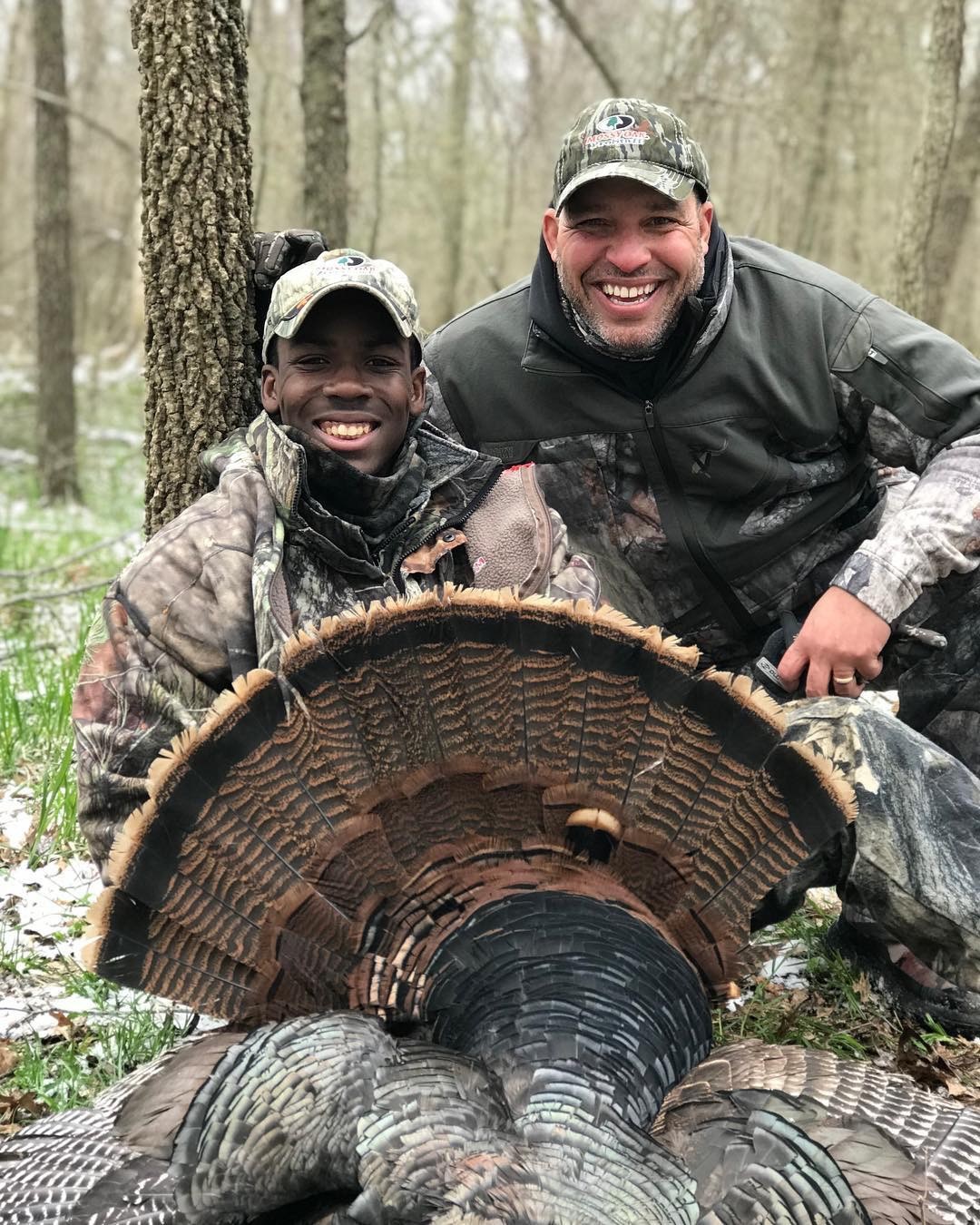
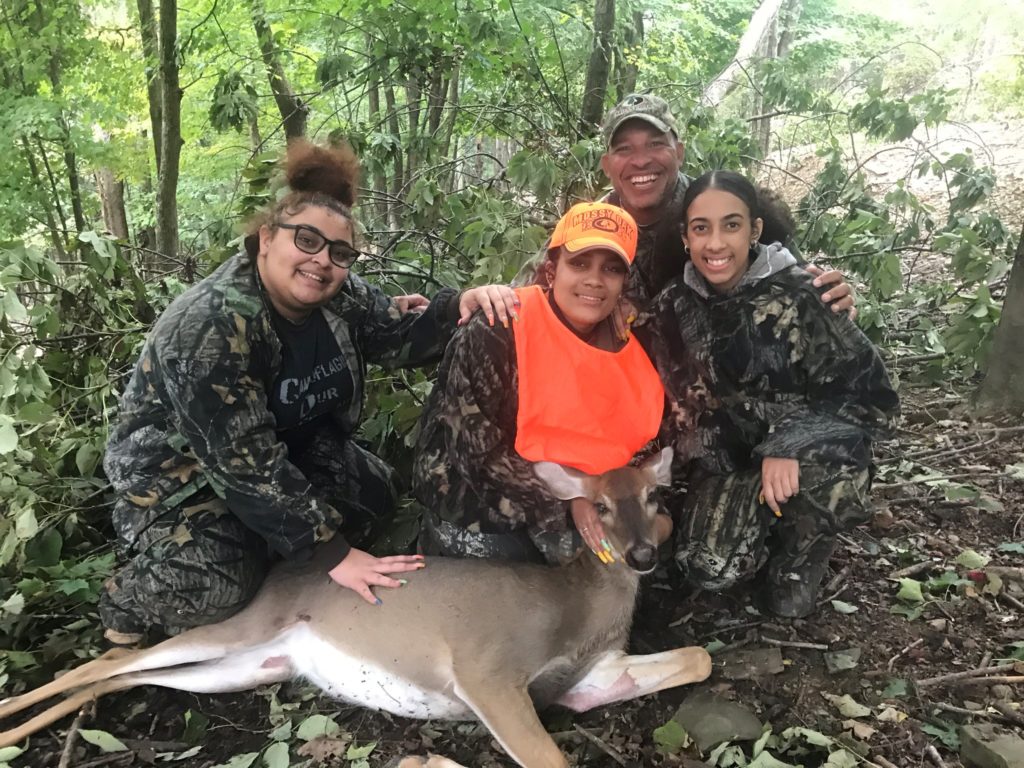
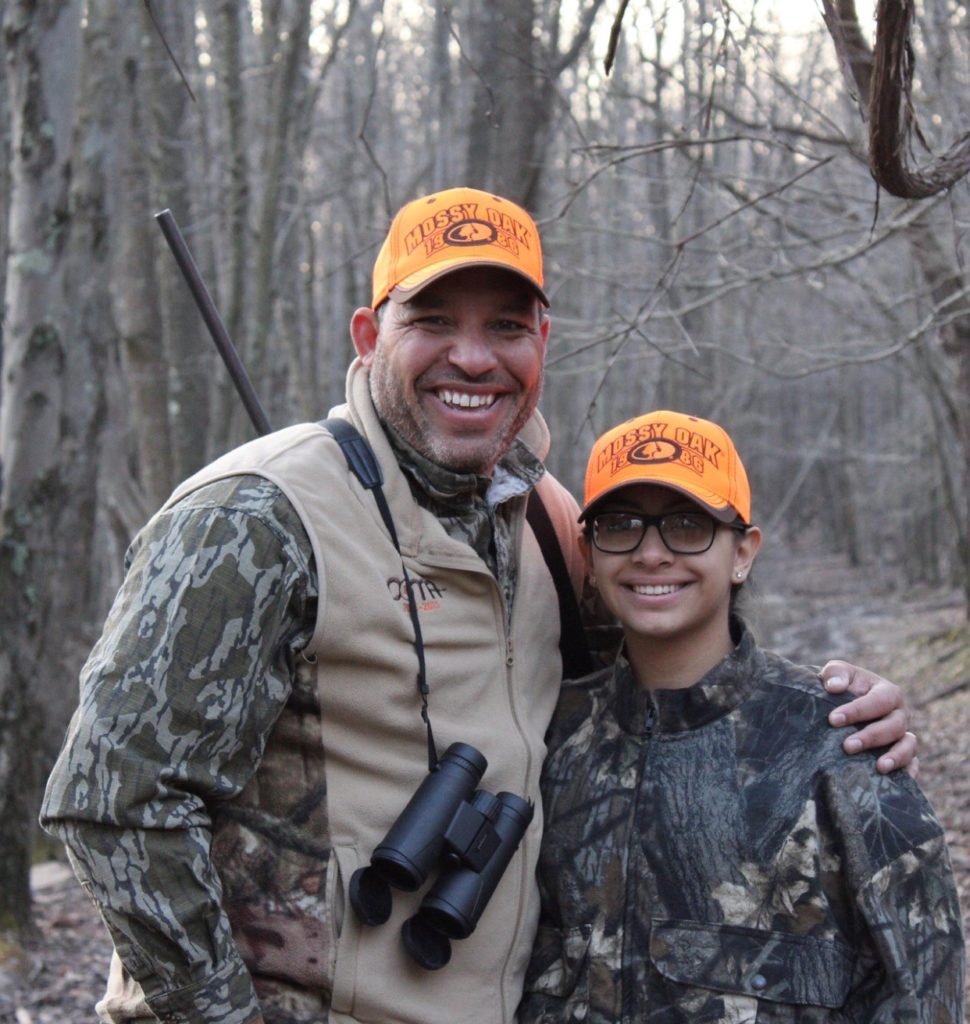
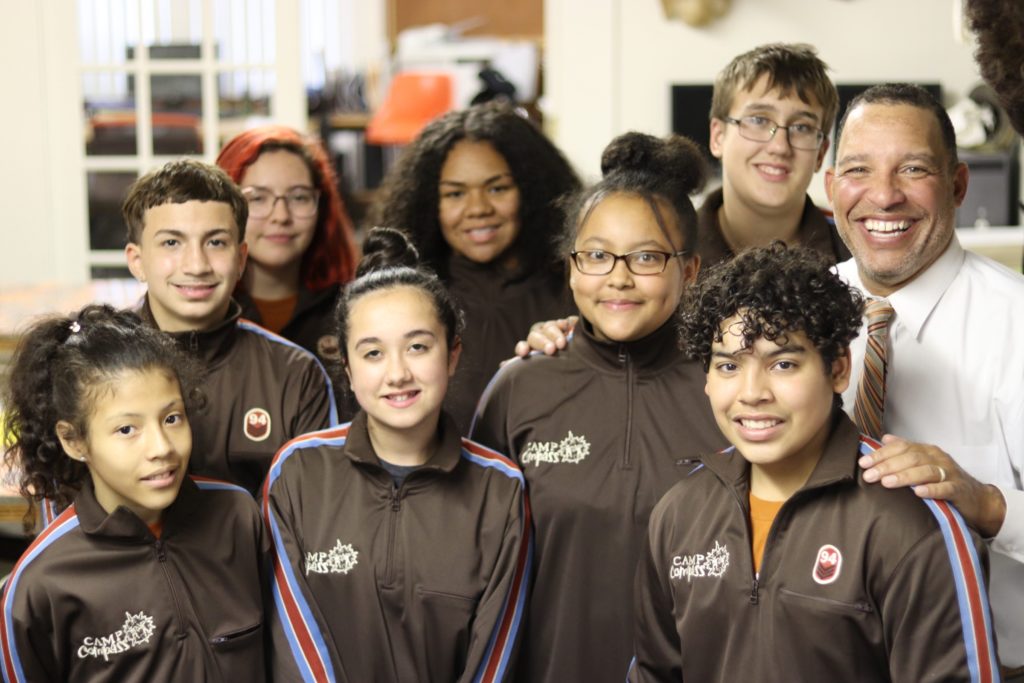
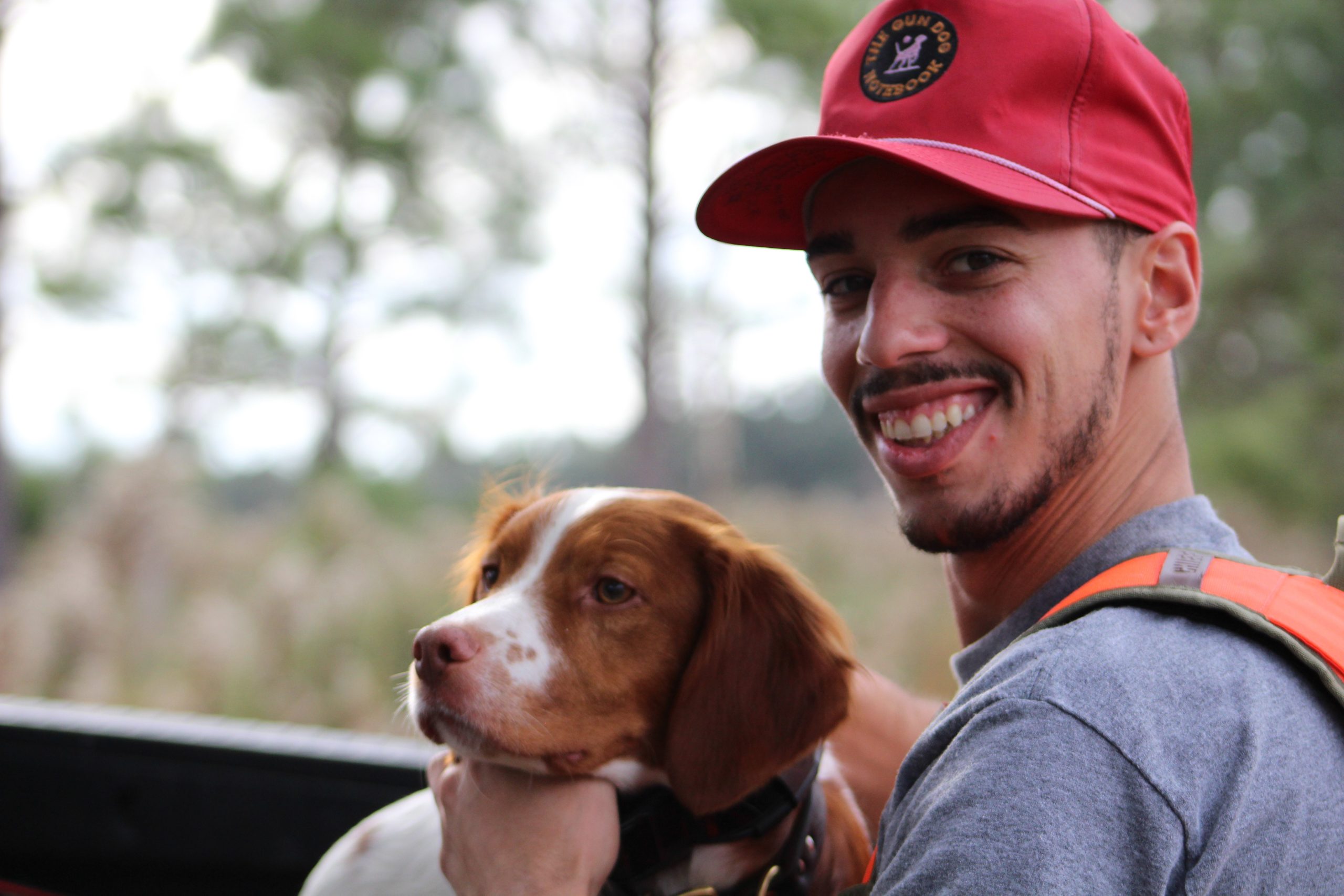
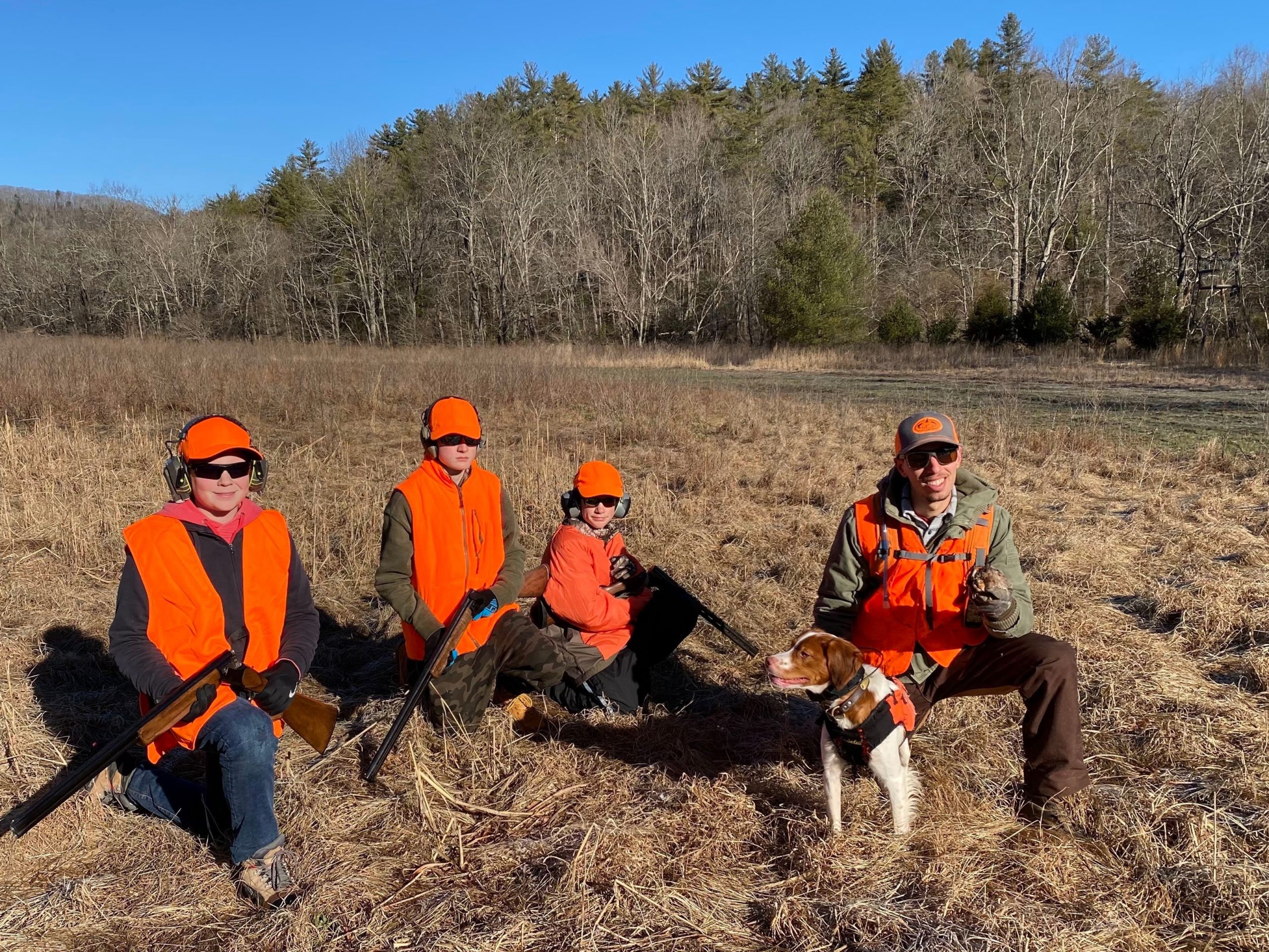

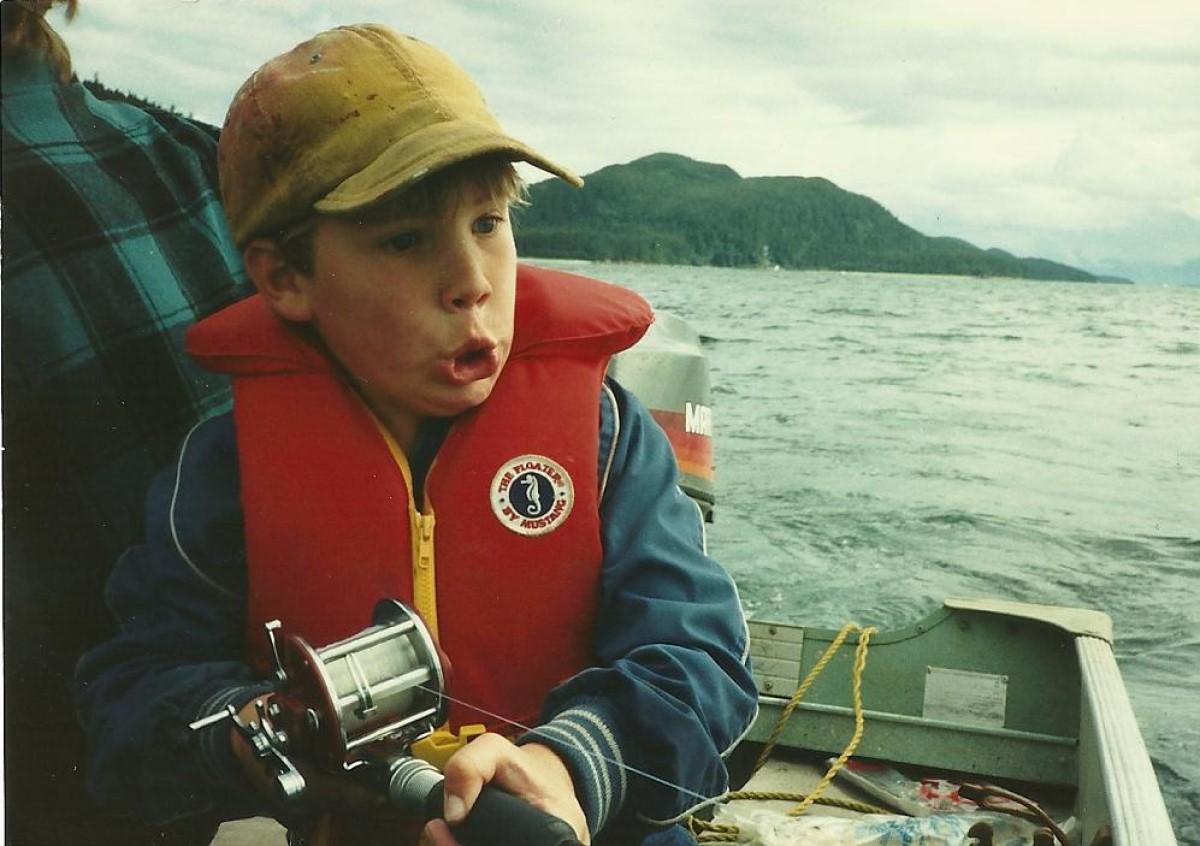
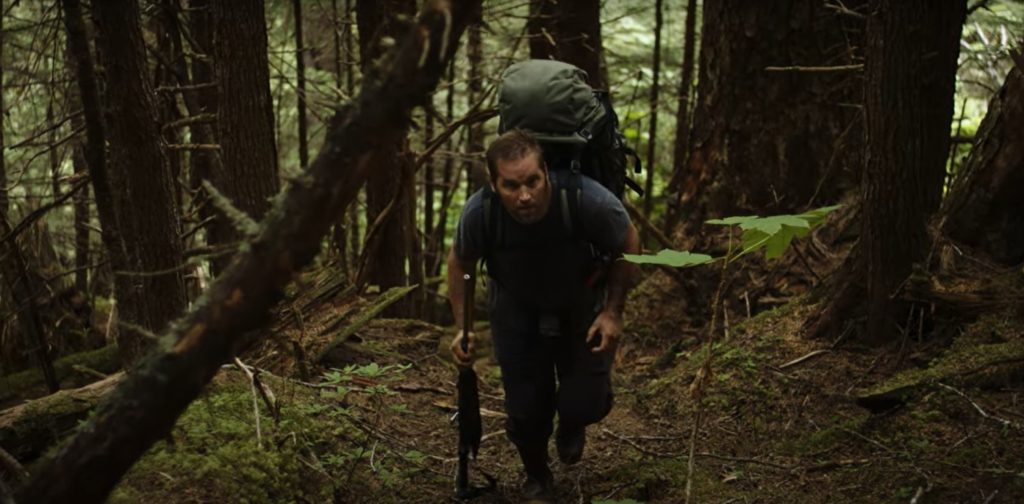

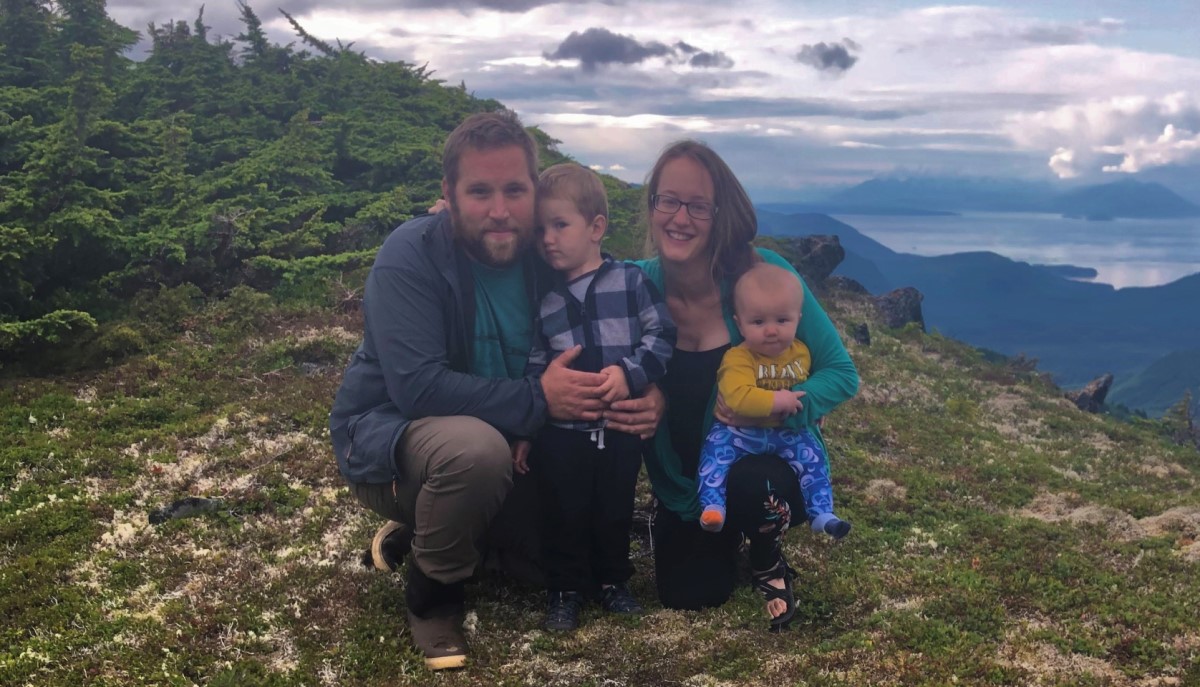
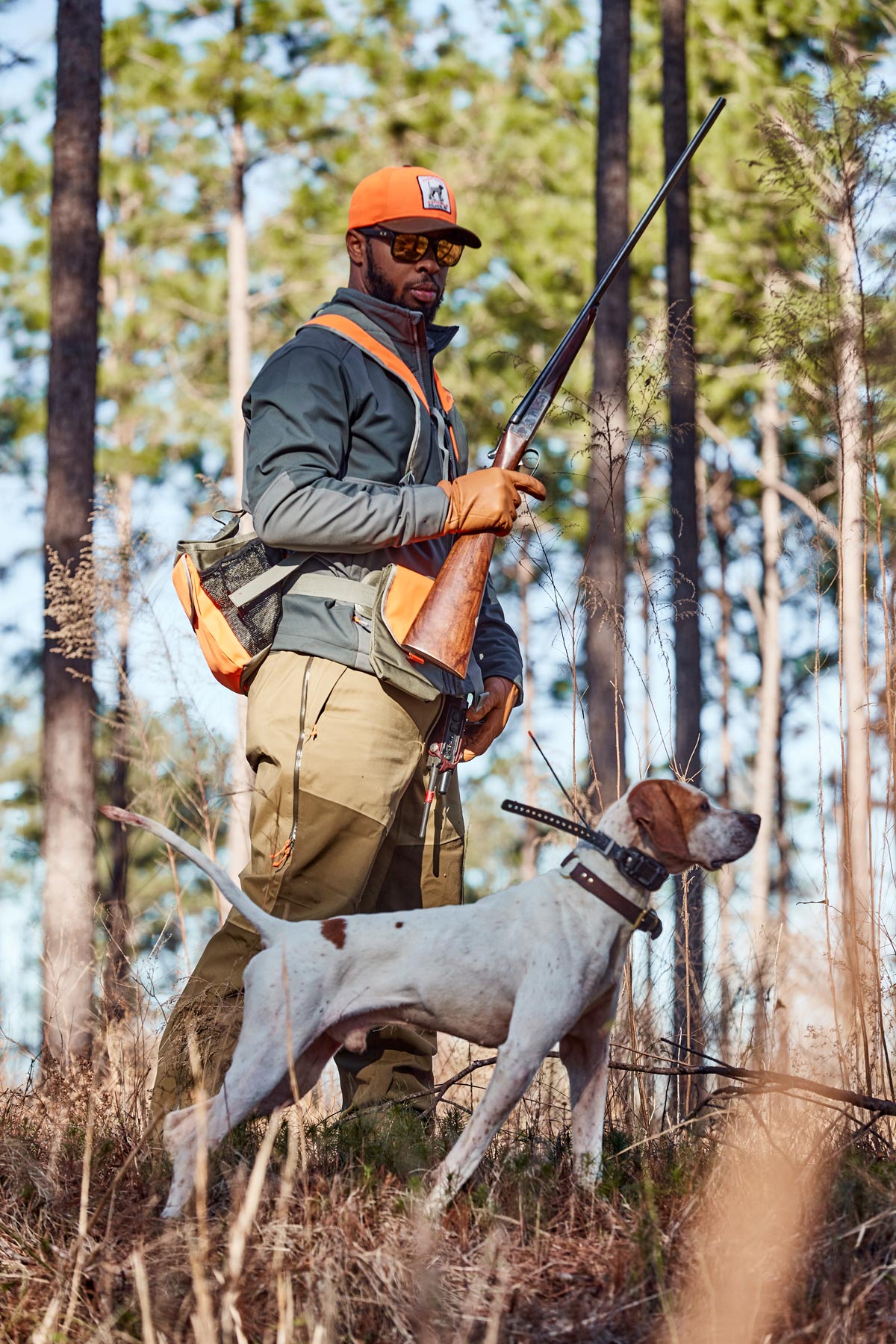
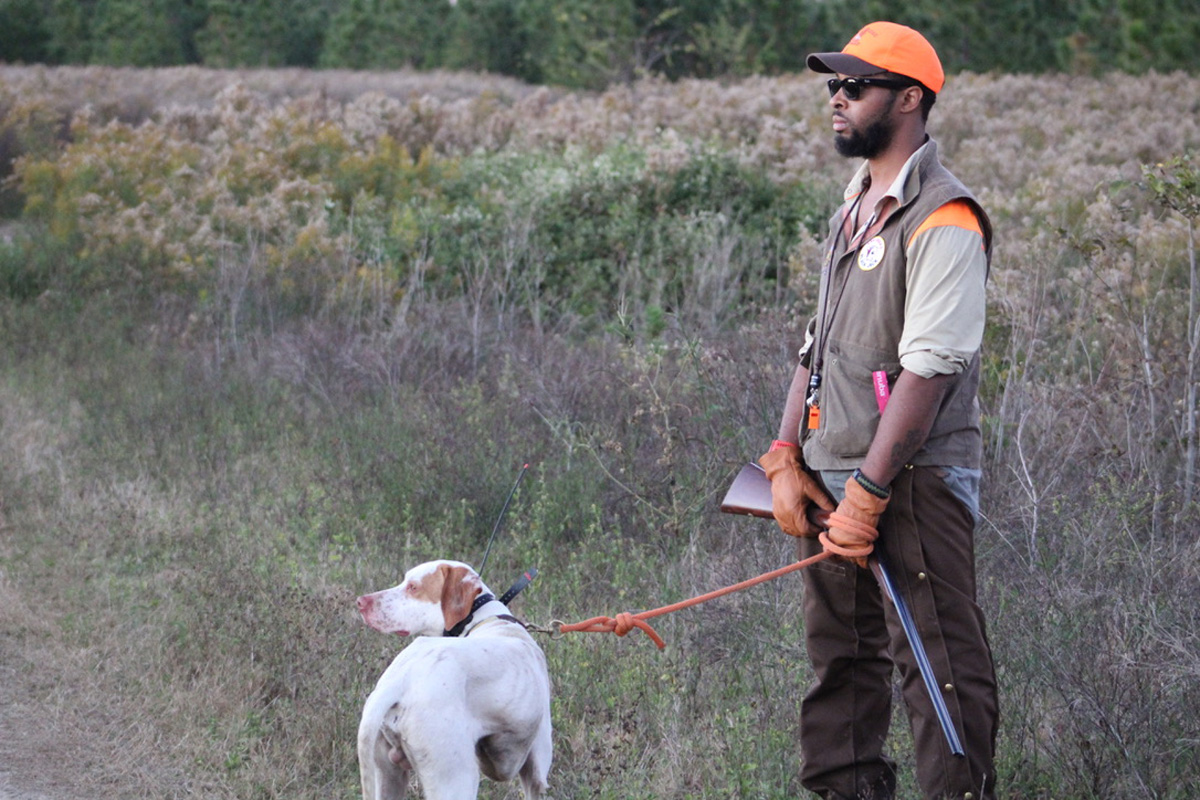




It is great to see such passion in this younger generation for our hunting and fishing heritage. Their story gives me faith that these outdoor traditions will carry on and be in good hands. TR would be beaming!
I grew up with a father who hunted and fished and both my brother and I continue to do so, thankful for his passion. My son is also following me and we are looking forward to my grandkids growing up with an appreciation for the great outdoors.